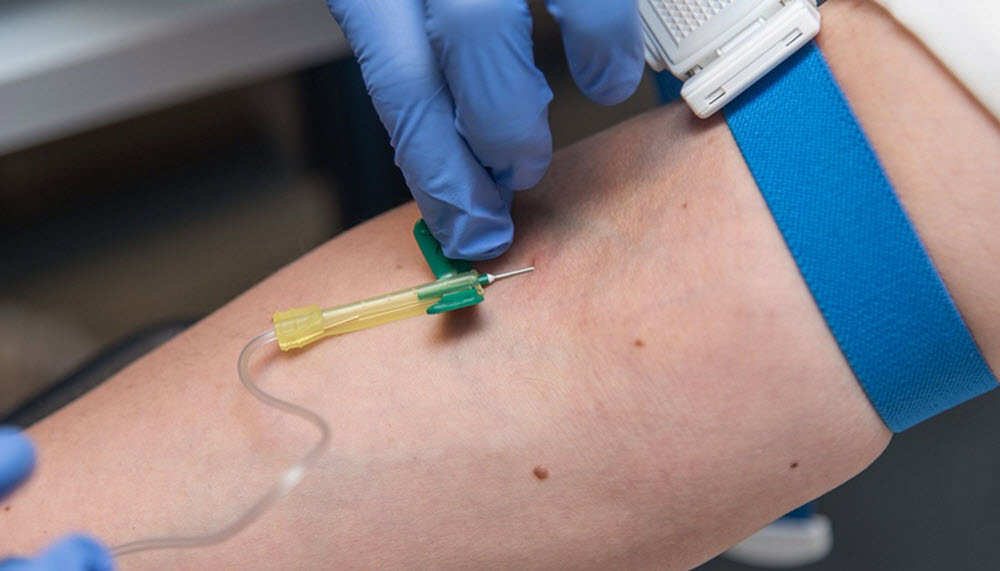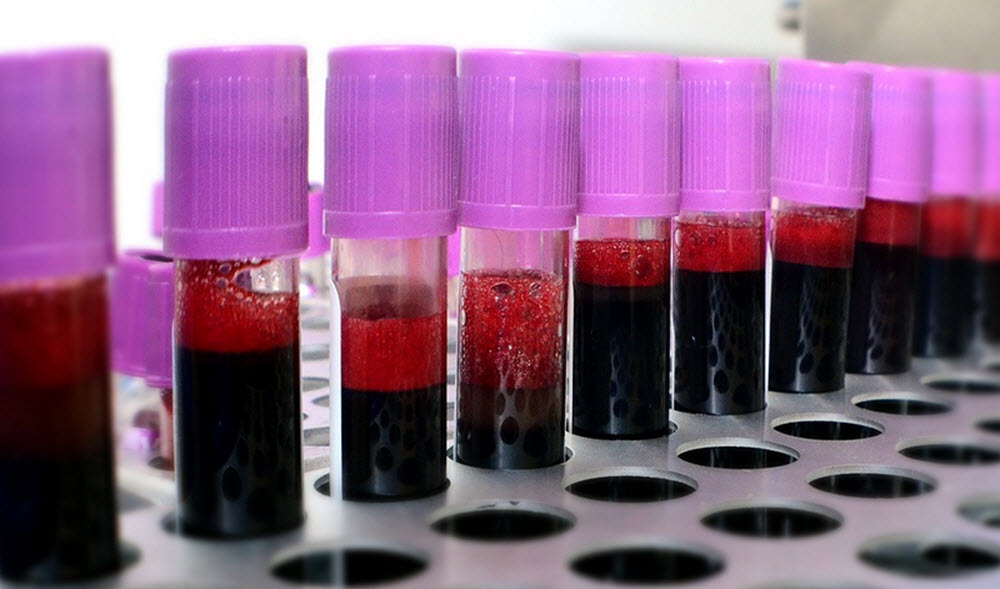Contents
Blood donations are needed since blood can not be manufactured, and human patients can only receive blood and blood products from other humans – not from animals. Donating blood is thus an act of solidarity with our fellow human beings.
Many parts of our modern medical system would not function without access to blood and blood components for transfusions. A lack of blood would not just have a direct impact on people who need blood transfusions, but would also affect the health care system indirectly since many types of surgery would no longer be possible or be extremely risky without the possibility of giving the patients transfusions.

Donate blood to save lives
Your donated blood might be used to save one or more lives. Donated blood and blood components are used to save the lives of patients after trauma, burns, surgery, complications of childbirth, etcetera. Donated blood is also necessary to manufacture many medicines and treatments – of which quite of few are lifesaving for the recipients.
Donate blood to give improve someone’s quality of life
In addition to saving lives, donated blood is also used to help people with non-life-threatening conditions attain a higher quality of life. This is true for both transfusions and for the medicines and treatments that would not be possible without blood or certain blood components.
Even during the end-stage of life, where no cure is possible, blood transfusions can help boost energy and quality of life and provide a person with better circumstances during their ultimate days.
Donate blood to contribute to scientific advances
A lot of research in the medical field require blood or blood components. Your blood donation can help research that advances our understanding of the human body, its ailments and how to best prevent, manage and cure.
Free mini-health check
Most organisations that accept blood donations will give you a mini-health check prior to each donation session. You can expect to have your blood pressure taken, your pulse checked and your haemoglobin levels tested. If any value is cause for concern, you will be informed. Many regular blood donors see this free and regular mini-health check-up as a bonus since it helps them stay informed about these important factors.

You don´t have to donate whole blood
You do not have to donate whole blood – it is possible to only donate red blood cells, platelets or plasma.
- During a red blood cell donation, a special machine is used to remove the red blood cells from the drawn blood and return the rest of your blood, and some saline, to your bloodstream. Since your plasma and platelets are returned to you, you are less likely to feel dehydrated compared to when donating whole blood. Red blood cells are the most frequently used blood component in hospitals and are needed by most patients who require a transfusion.
- Platelets are necessary for the blood´s ability to clot properly in order to stop bleeding. Receiving donated platelets are important for a wide range of patients, including many who are experiencing a traumatic injury, cancer or blood-clotting disorders. When you donate only platelets, a special machine is used to extract the platelets from the drawn blood, and the rest of your blood is returned into your bloodstream. This is less taxing on your body, and you may be able to safely donate platelets up to 24 times per year. (For whole blood donations, the limit is usually 6 times per year.)
- When you donate plasma, a special machine is used to remove the plasma from the drawn blood and return the rest of the blood to you, together with some saline. Since you are only donating plasma, you are not losing red blood cells and platelets. While donating whole blood more than 6 times a year is recommended against, many people can safely donate only plasma every 28 days.